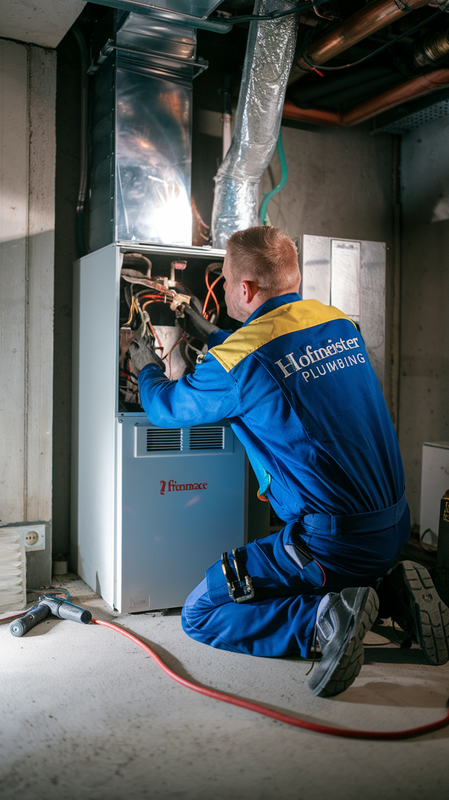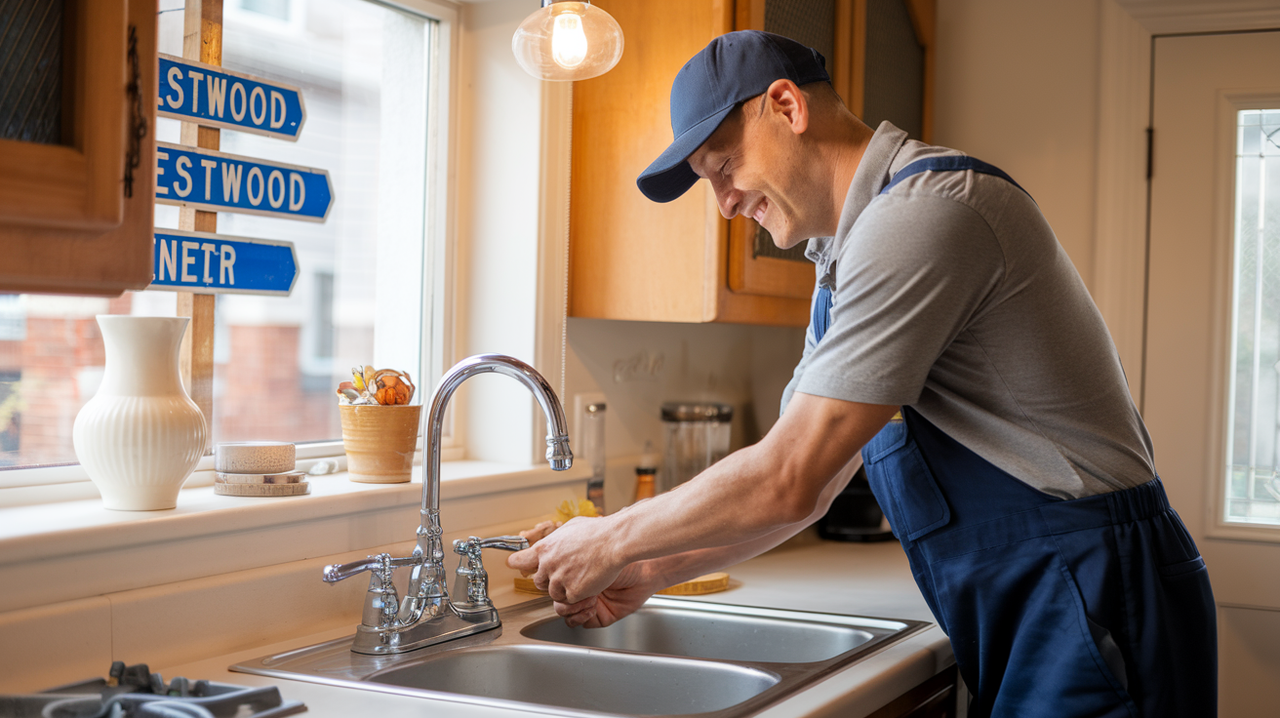Introduction
Flooded basements can be a homeowner's worst nightmare. The moment you discover water pooling where it shouldn’t be, panic often sets Best plumbers Westwood NJ in. What do you do? Who do you call? How do you prevent further damage? In this article, we will provide Expert Tips on Dealing with Flooded Basements Quickly and Efficiently, ensuring you're well-prepared when disaster strikes.
Flooding can occur due to various reasons, such as heavy rainfall, burst pipes, or even sewer backups. Understanding how to tackle these issues swiftly can save your property from extensive damage and costly repairs. We’ll cover everything from immediate actions to take, the role of licensed plumbers in Westwood NJ, preventive measures for the future, and common plumbing questions related to flooding.
Understanding Basement Flooding: Causes and Consequences
What Causes Basement Flooding?
Basement flooding isn't just an inconvenience; it can lead to severe structural damage if not addressed quickly. Here Home are some common causes:
- Heavy Rainfall: Prolonged or intense rain can overwhelm drainage systems. Sewer Backups: Blockages in your sewer line can cause waste and water to back up into your home. Burst Pipes: Old or poorly maintained plumbing systems may fail unexpectedly. Groundwater Issues: High water tables or poor drainage around your home can lead to basement flooding.
Consequences of Ignoring a Flooded Basement
Ignoring a flooded basement can have dire consequences:
Structural Damage: Water can weaken walls and foundations. Mold Growth: Stagnant water encourages mold growth within 24-48 hours. Damage to Belongings: Furniture and valuables may be irreparably damaged. Health Risks: Standing water poses health risks due to bacteria and other pathogens.Immediate Actions When You Discover a Flooded Basement
Step 1: Ensure Safety First
Before doing anything else, ensure that it's safe to enter the flooded area:
- Turn off the electricity in the affected area. Avoid wading through deep water; use a stick or pole to gauge depth.
Step 2: Call Local Emergency Plumber in Westwood
After assessing safety, call local emergency plumbers in Westwood for immediate assistance:
- Look for Westwood emergency plumbing services available 24/7. Document the situation with photos for insurance claims.
Step 3: Remove Standing Water
If it's safe, begin removing standing water as quickly as possible:
- Use wet/dry vacuums or pumps if available. For small amounts of water, towels and mops will suffice.
Step 4: Dry the Area Thoroughly
Once the bulk of the water is removed:
Open windows for ventilation. Use fans or dehumidifiers to speed up drying. Remove soaked carpets or pads that cannot be salvaged.Preventive Measures Against Future Flooding
Inspect Your Home’s Foundation Regularly
Regular inspections of your foundation can help identify potential weaknesses before they become major issues.
Maintain Your Gutters and Downspouts
Ensure gutters are clean and downspouts direct water away from your foundation.
Install a Sump Pump
A sump pump can automatically remove excess water before it accumulates significantly.
Expert Tips on Dealing with Flooded Basements Quickly and Efficiently
When faced with a flooded basement situation, incorporating expert tips is essential.
Know Your Shut-Off Valves:- Familiarize yourself with your home's main shut-off valve for both water supply and gas lines.
- Rely on licensed plumbers in Westwood NJ who specialize in emergency plumbing repair. Fast plumbing services Westwood will ensure issues are resolved promptly.
- If your flooding is due to drain issues, consider emergency drain cleaning Westwood NJ as part of your flood response plan.
- Take photos before any cleanup begins—this helps support your case with insurance companies later on.
- Consult experienced plumbers Westwood NJ about upgrading older plumbing systems that may be prone to failure during heavy rains or pressure changes.
- If repairing or renovating post-flood damage, use materials that resist moisture like cement board instead of drywall where appropriate.
- This equipment prevents sewage from backing up into your home during heavy rains or municipal system failures.
- Include items like flashlights, extra batteries, rubber gloves, buckets, mops, cleaning supplies, etc., so you're prepared ahead of time!
- Make sure everyone knows what steps to take when facing a flooded basement scenario—awareness reduces panic!
- When searching for affordable plumbers Westwood, prioritize quality over cost—often paying slightly more ensures better service!
FAQ Section
Q1: How much does it cost generally to hire local plumbers in Westwood?
The average cost typically ranges based on service type but usually falls between $45-$150 per hour depending on the complexity of work involved (emergency calls might incur higher rates).
Q2: What should I pay attention to after experiencing basement flooding?
Look out for signs of mold growth (musty smells), unusual dampness even after drying out completely; consider using dehumidifiers periodically post-flooding as well!
Q3: How long does it take for professionals like top-rated plumbers in Westwood NJ to respond?
Most reputable plumbing contractors aim for rapid response times—often within an hour under emergency conditions!
Q4: Can I fix my own burst pipe?
While minor leaks may be DIY-friendly repairs using basic tools; serious bursts should always involve licensed plumbers—they carry necessary expertise & equipment required!
Q5: Is Roto-Rooter expensive compared to local services?
Roto-Rooter pricing varies by region; however some local options offer competitive rates while providing similar quality service—always compare reviews before deciding!
Q6: How often should I inspect my sump pump?
Sump pumps should be inspected at least once annually; testing functionality regularly ensures they're ready when needed most!


Conclusion
Dealing with a flooded basement is undoubtedly stressful but having expert tips at hand makes all the difference! Knowing what immediate steps need taken can prevent further damage while ensuring safety remains paramount throughout recovery efforts—from calling local emergency plumber Westwood right away through cleanup tasks afterwards! Be proactive about preventative measures moving forward so future floods become less likely—a little effort now saves headaches later down the road!
Stay informed about potential risks within your home’s plumbing system by consulting experienced contractors regularly—after all nobody wants another surprise flood ruining family moments ever again!